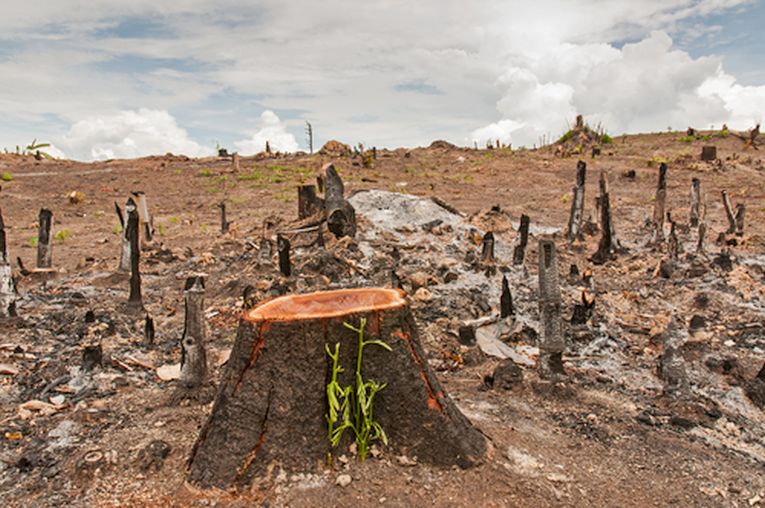It is difficult to juggle every report and come to conclusions about exactly what needs to change and who on earth will be willing to change their levels of emission. Climate change has almost run its full cycle in peoples’ minds from incredulity to tacit acceptance. The final step is the most difficult. Everybody must agree on certain steps that will result in high initial costs and create new political problems.
Ready for Paris 2015, Ban Ki-moon has broken off his regular commenting on various more local problems and concentrated on Synthesis Report 5.. The IPCC livened up late last year with their, “coalition of ambition,” in - COP 19 Warsaw’s COP19. Now they look likely to continue with a 6th IPCC Report, despite objections from some sources. Now their key findings reveal huge concern that human influence on climate systems has increasing impact on every single continent. The severe irreversible effects must be managed with, “stringent mitigation activities.”
The IPCC 5th Assessment Report is condensed into this report, after their scientific and necessarily vast assessment of climate change. It is obvious that the biggest report ever does not cause movement in itself, but the IPCC Chair, R. K. Pachauri, believes, “we have the means to limit climate change.” Combine that hope with people’s opinions that we must do something to prevent any further effects of climate change and there is a possibility of political change. In the background is the growing extent of greenhouse emissions that must now be reduced. From 2000 to 2010, they were at their greatest extent known
We tend to agree now that greenhouse gases are predominantly the cause of our observed warming. With the criminal emissions of large countries such as the US and China, the warming looks set to go on. Developing countries have special restrictions on energy use because they have few alternatives and are given more time to remove fossil fuels from their energy portfolios. Many in fact find solar energy especially a method by which they can progress. In less sunny climes, there are other future options or which we all need to give international help. Mr Pachauri in fact states that, "many of those most vulnerable to climate change have contributed and contribute little to greenhouse gas emissions,"
The days of independence in individual and even national action are likely to be over. As ever, international cooperation has been unpopular in many quarters but it is the only possible solution to this awesome problem. Mitigation measures are claimed to limit global warming to less than 2oC. The end of the century should have more or less zero emissions of any greenhouse gas. To make this happen, “societal change” will be necessary in conjunction with new technologies. City transport systems already seem to be heading in that direction, where personal transport, is prohibitive and often impossible (without the familiar pedal-power.)It would also be wrong to deny the destruction wrought on the land by many industrial style agricultural and exploitation operations. Their emissions and contributions to the release of carbon from these precious environments have become obsolete in the world we need to rebuild.










